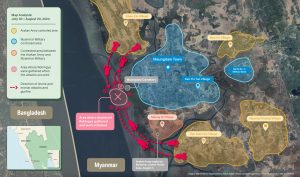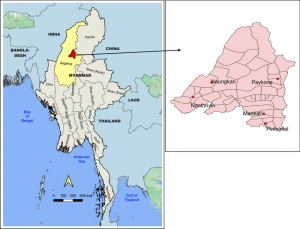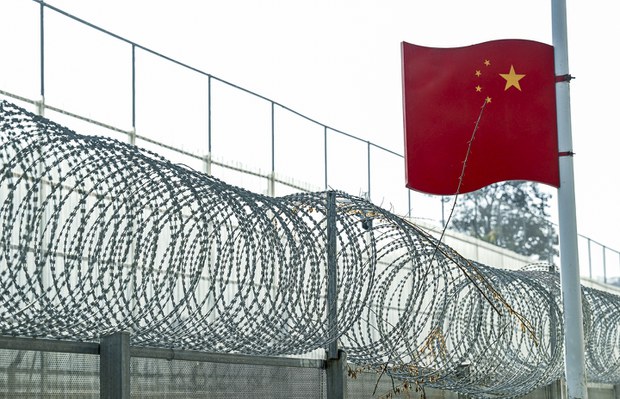Escalating Tensions Between Armed Groups in Northern Shan State, Myanmar

Yangon, Myanmar (02/05/24)
Recent reports indicate a surge in clashes between armed groups in Northern Shan State, Myanmar, highlighting escalating tensions in the region. The conflict involves prominent groups such as the Kachin Independence Army (KIA), Ta Ang National Liberation Army (TNLAA), and Myanmar National Democratic Alliance Army (MNDAA).
Last month, in mid-April, skirmishes erupted between these factions, resulting in casualties in the vicinity of Kuk Khine and Tar Moe Nyel towns. Additionally, clashes between TNLAA and KIA forces were reported at Nant Phat Kar village, where tensions flared over territorial disputes and access to essential resources.
Local testimonies shed light on the volatile situation, with allegations of TNLA militants obstructing KIA activities, including the refilling of their fire engines, leading to confrontations and property damage. In another incident, residents of Mone Koe town recounted how the MNDAA issued prohibition notices against KIA initiatives, hindering community development projects.
Furthermore, reports emerged of TNLA militants demanding the removal of KIA and People Defense Force (PDF) elements from occupied areas in Namp Tu Town. These confrontations stem from the aftermath of the 1027 operation conducted in October 2023, resulting in a power vacuum and subsequent territorial disputes.
The complexities of these conflicts extend beyond mere territorial disputes, reflecting underlying social, economic, and cultural tensions exacerbated by extremist ideologies and nationalist fervor. Myanmar, with its diverse ethnic landscape comprising 136 ethnic groups, grapples with the challenges posed by armed factions operating on emotive and ideologically-driven motives.
Amidst the turmoil, Myanmar’s armed forces continue their efforts to maintain stability and address the multifaceted challenges posed by various armed groups. However, achieving lasting peace and reconciliation remains a daunting task in the face of entrenched grievances and competing interests.
The ongoing clashes underscore the urgent need for concerted efforts towards dialogue, reconciliation, and inclusive governance to address the root causes of conflict and pave the way for sustainable peace in Northern Shan State and beyond.





